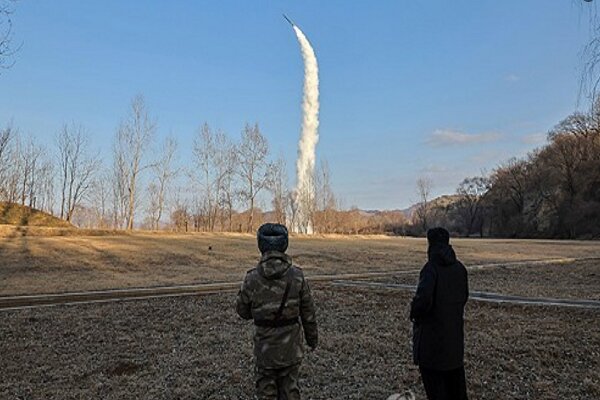American PAGER Act: A Strategic Move to Pressure Lebanon and Weaken Hezbollah
In a significant development impacting the Lebanese political landscape, American Representative Greg Steube (R-FL) has reintroduced the Preventing Armed Groups from Engaging in Radicalism, commonly known as the PAGER Act. This proposed legislation aims to suspend aid to the Lebanese Armed Forces until the Lebanese government withdraws its recognition of the Shiite political alliance known as the Shiite duo, comprising Hezbollah and the Amal Movement. The PAGER Act, which follows the controversial Pager Massacre, systematically targets Hezbollah and its allies in Lebanon.
The PAGER Act outlines several key requirements for the Lebanese government:
- Withdrawal of Recognition: The Lebanese government must cease its recognition of the Shiite duo and any political factions that support their resistance efforts.
- Prohibition on Official Positions: Individuals affiliated with these groups must be barred from holding any senior official positions within the government.
- Reduction of Iranian Influence: The legislation demands that Lebanon prevent any Iranian influence within its official institutions.
- Dismissal of Charges Against Certain Individuals: The act calls for dropping all charges against individuals (originally Lebanese) who appeared on Israeli media or invited Israeli guests, as such actions are criminalized under Lebanese law.
- Designation of Terrorist: The bill proposes to label Brigadier General Suhail Bahij Harb, the head of military intelligence in southern Lebanon, as a global terrorist due to his Shiite affiliation.
The Times has accused Brigadier General Harb of leaking sensitive information to Hezbollah. However, the Lebanese army has firmly denied these allegations, asserting, “The army command categorically denies these allegations, especially since they come at a critical stage when the army is undertaking enormous tasks.”
Furthermore, the draft legislation imposes a strict deadline, mandating that the Lebanese government fulfill these conditions within 60 days of the bill’s approval. Failure to comply will result in the suspension of American military aid to the Lebanese Armed Forces.
Currently, the Lebanese government is navigating a challenging political environment, as it has not coordinated with Hezbollah and the Amal Movement regarding the appointment of Shiite individuals to various positions. This lack of coordination suggests a potential intention to exclude these groups, likely in compliance with American directives.
In a recent meeting, the Lebanese Council of Ministers acknowledged the urgency of reaching an agreement on the mechanism for administrative appointments and forming regulatory bodies. The ministerial statement emphasized the government’s commitment to “criteria of merit, competence, and equality between Christians and Muslims without allocating any job to any sect.” Any deviation from this principle would constitute a clear violation of existing constitutional laws.
President Aoun, during his inauguration speech, pledged to uphold the principle of “rotating first-class jobs,” a commitment that necessitates amending current laws through parliamentary action, grounded in the constitutional assertion that “the people are the source of authority.”
The PAGER Act also stipulates that Lebanon must adhere to UN Security Council resolution 1559, which calls for the disarmament of Hezbollah. Furthermore, the act seeks to impose sanctions on political figures who have provided support to Hezbollah within the state framework.
This anti-Hezbollah legislation presents a significant political dilemma for the Lebanese government. It effectively forces the government to choose between maintaining U.S. military support or risking an internal crisis, given that the Shiite duo represents a substantial political and popular force within the country.
As a result, the implications of this aggressive agenda could potentially ignite an internal political crisis, leading to heightened security tensions. The pressing question remains: Will the Lebanese government capitulate to what may be perceived as humiliating demands from the U.S., or will it steer the nation toward further instability?
In summary, the reintroduction of the PAGER Act by Rep. Greg Steube signifies a critical moment for Lebanon’s governance and international relations. The potential consequences of this legislation could reshape the political landscape, challenging the Lebanese government’s ability to navigate its internal dynamics while balancing foreign influence.






